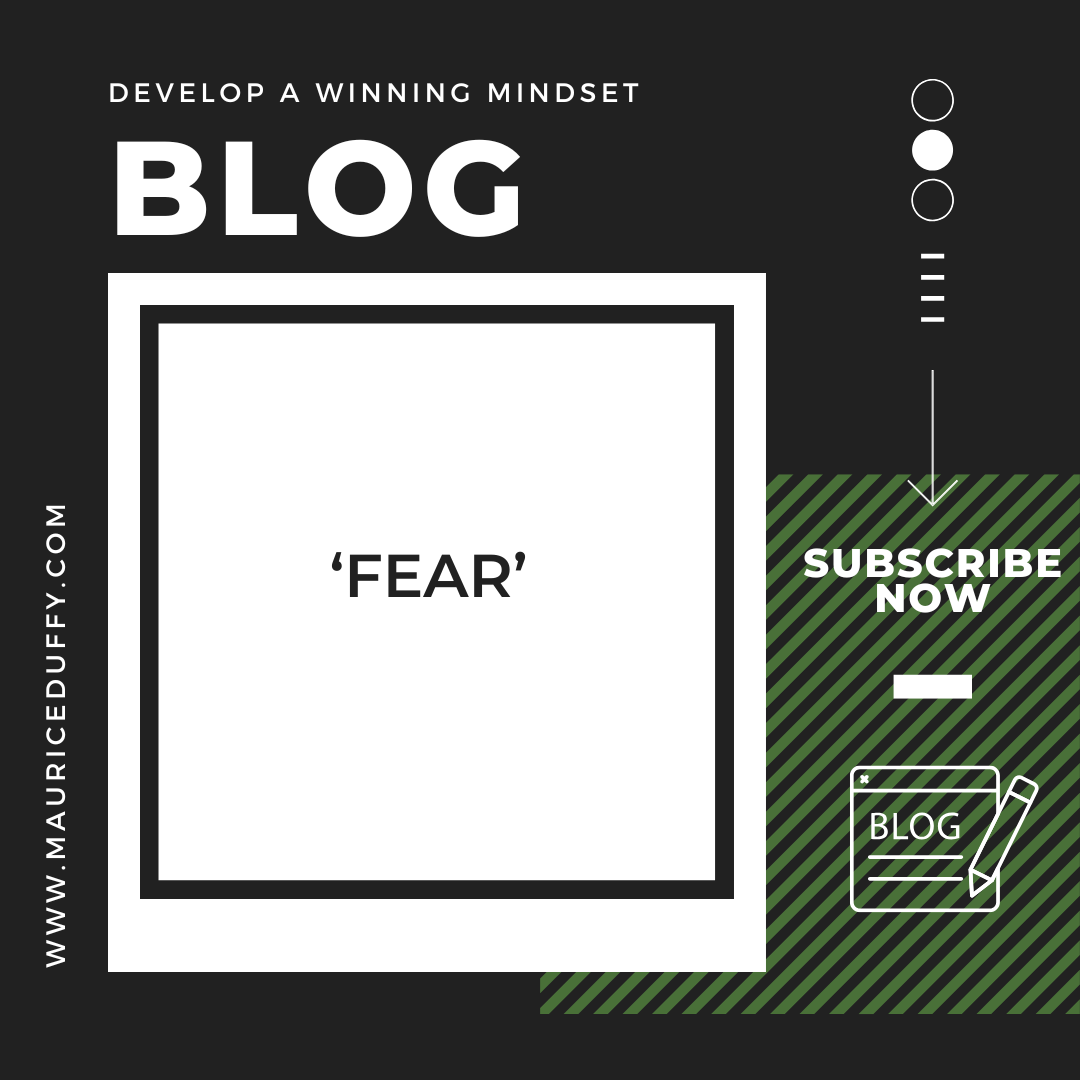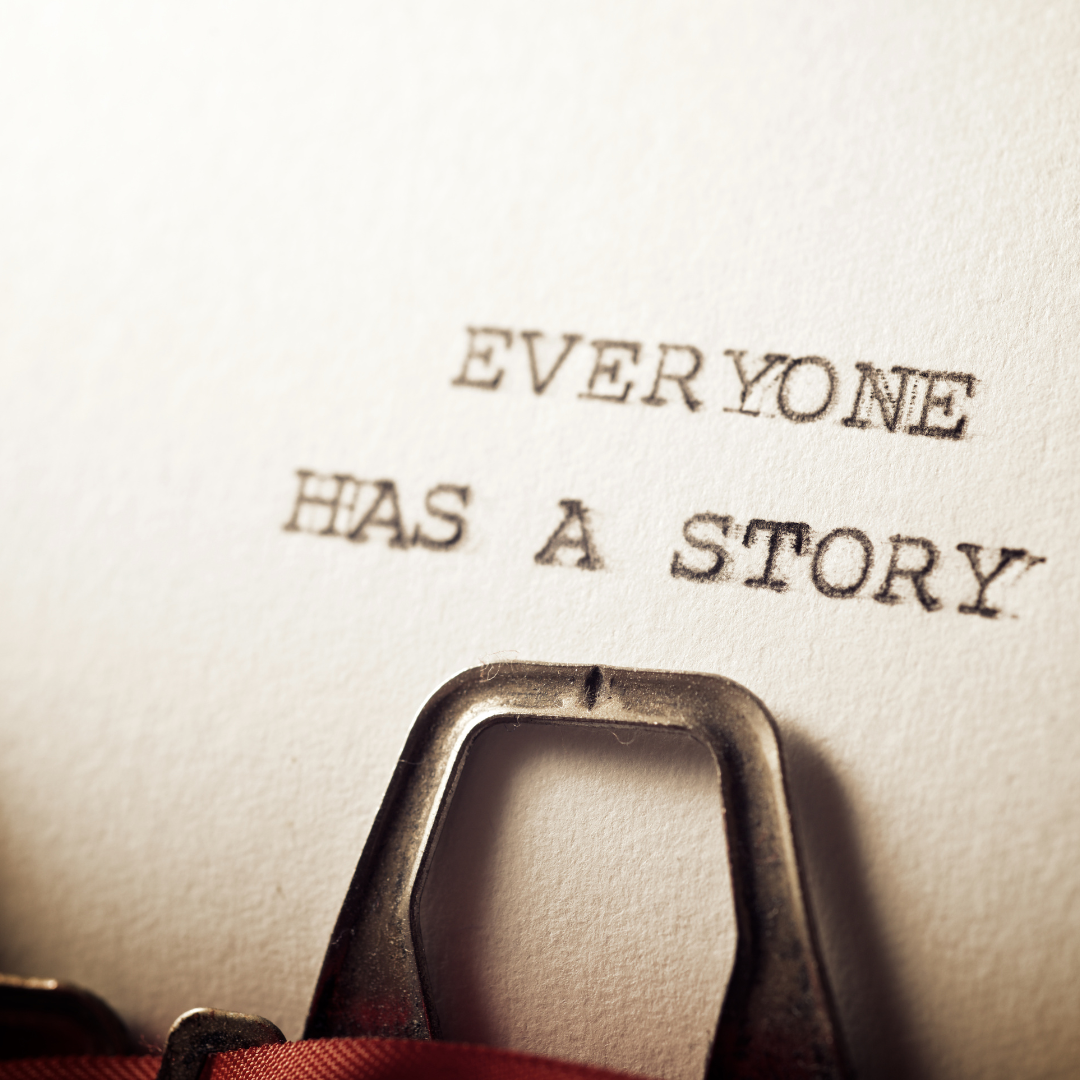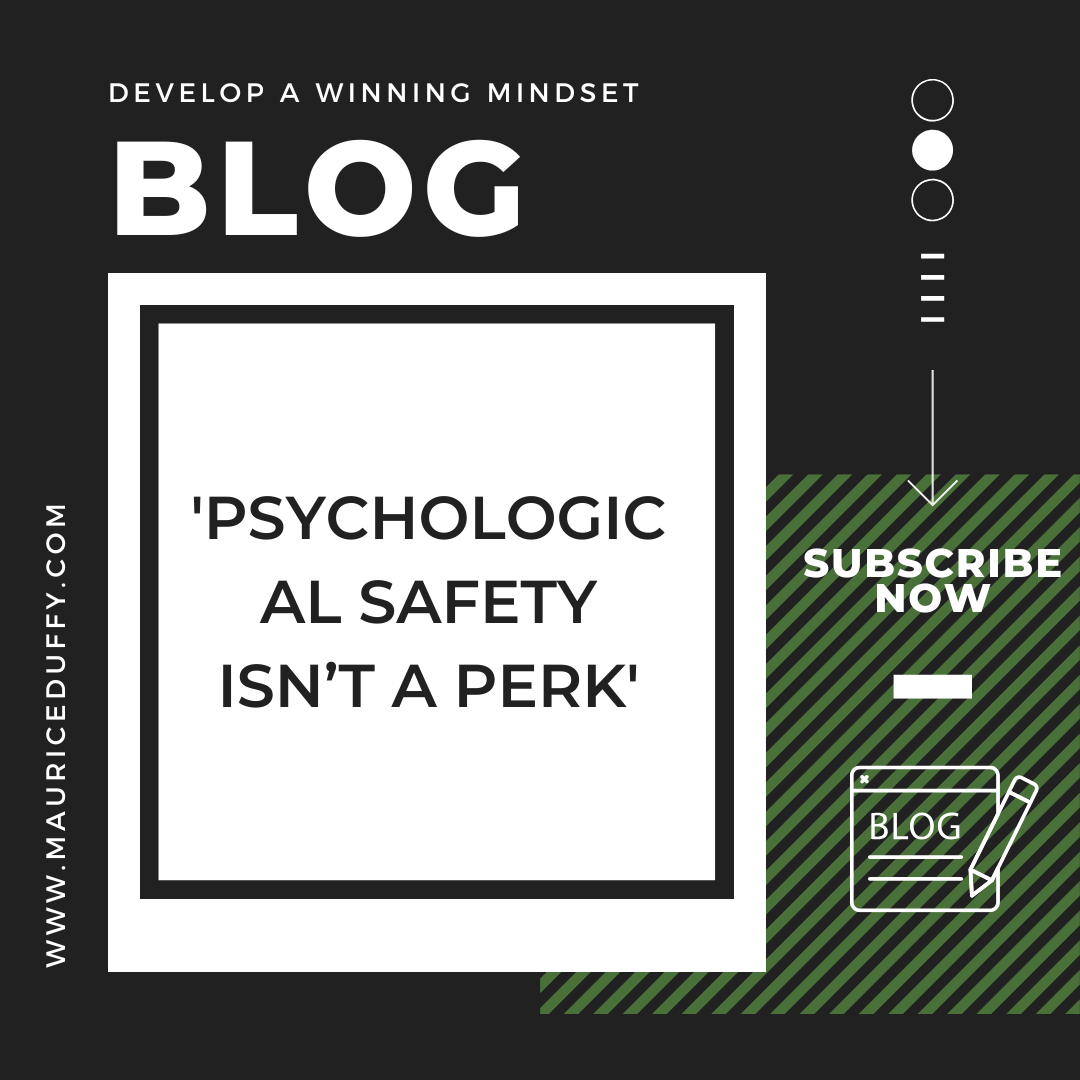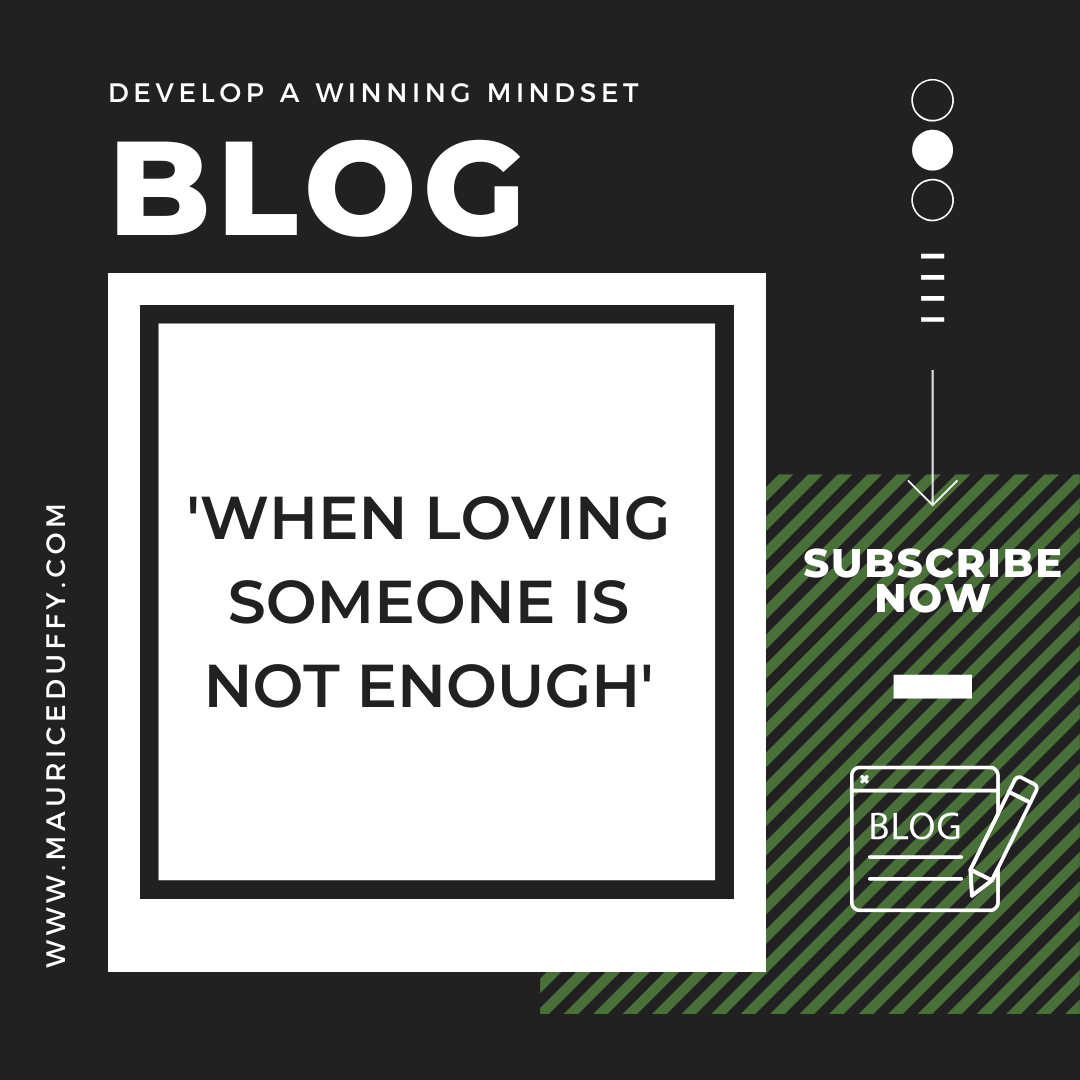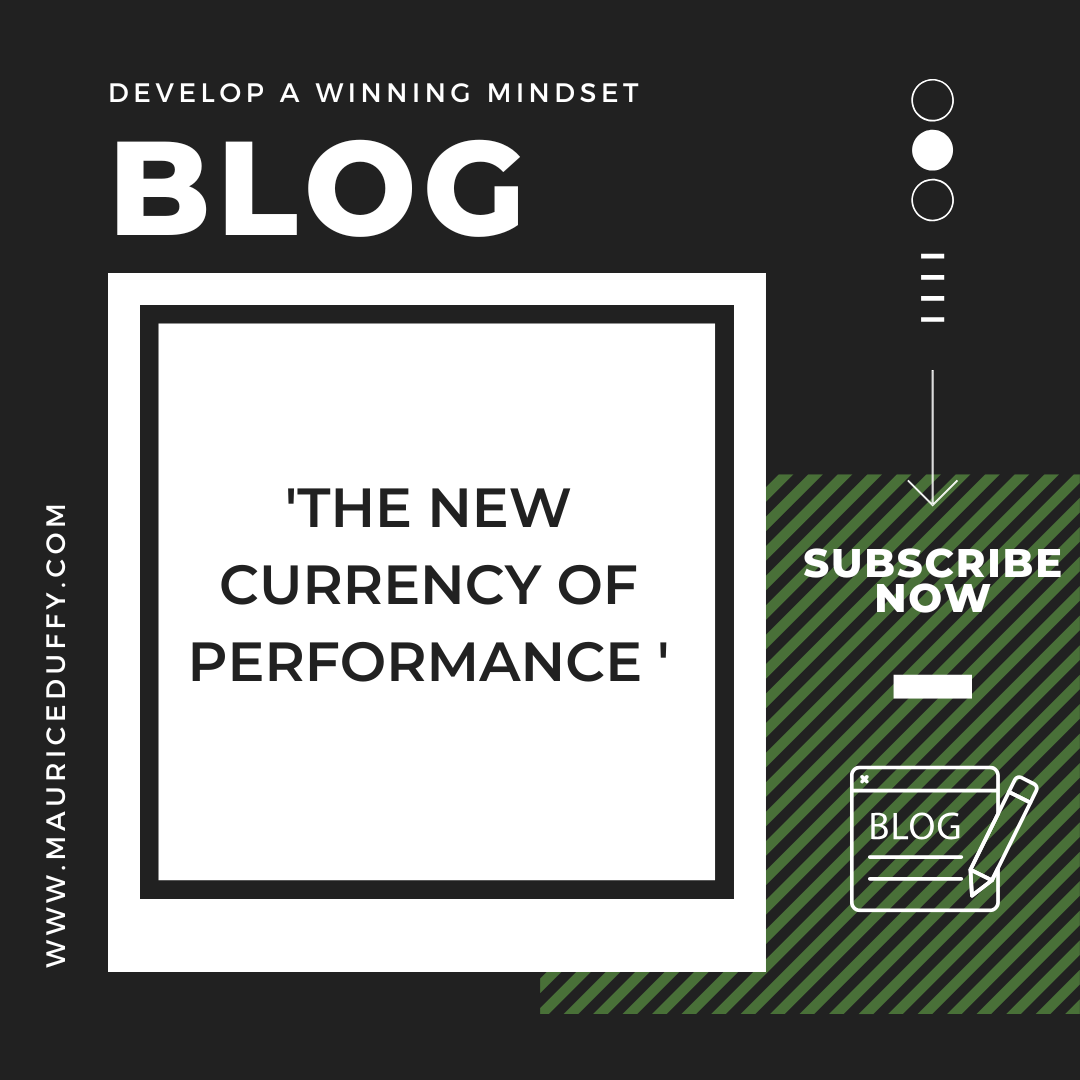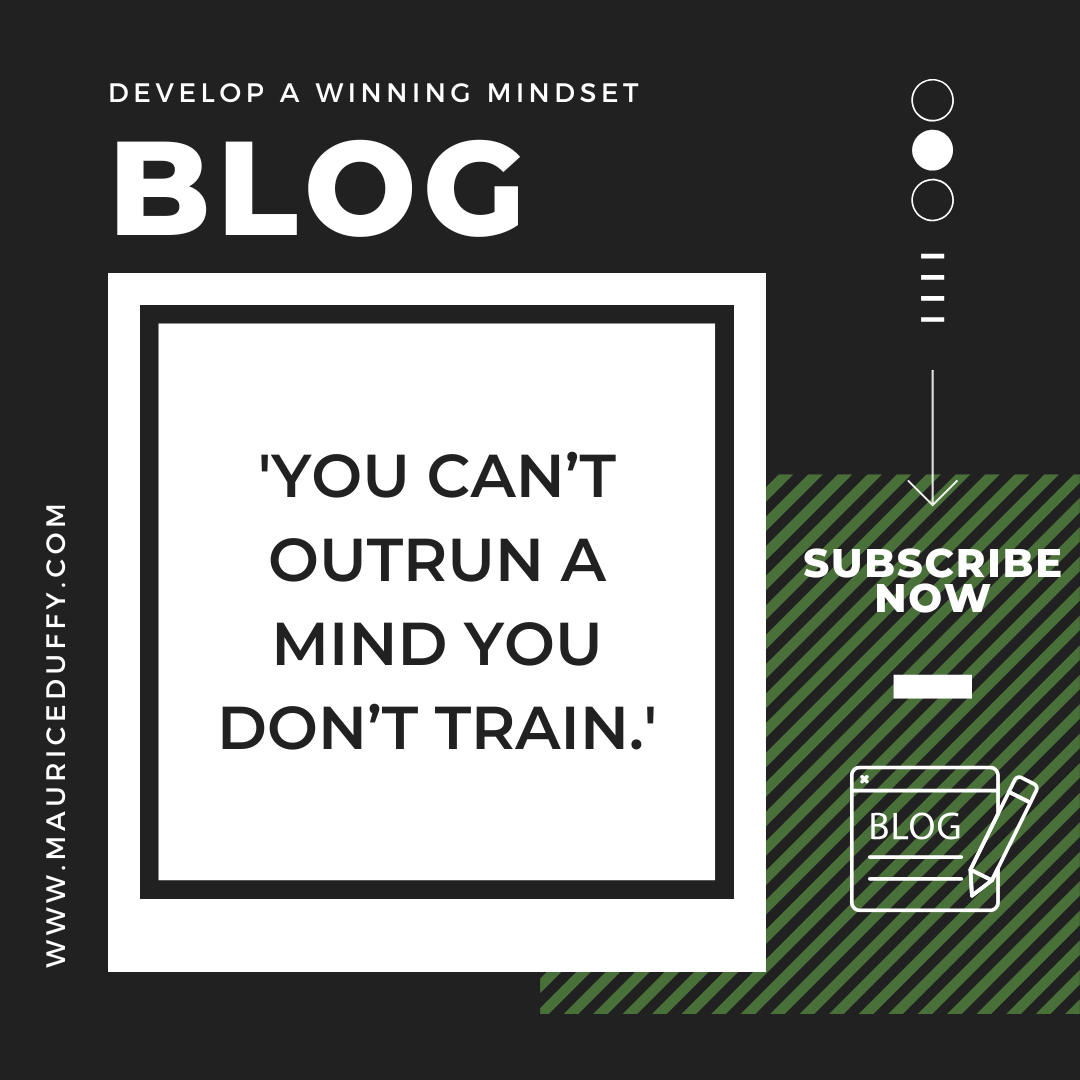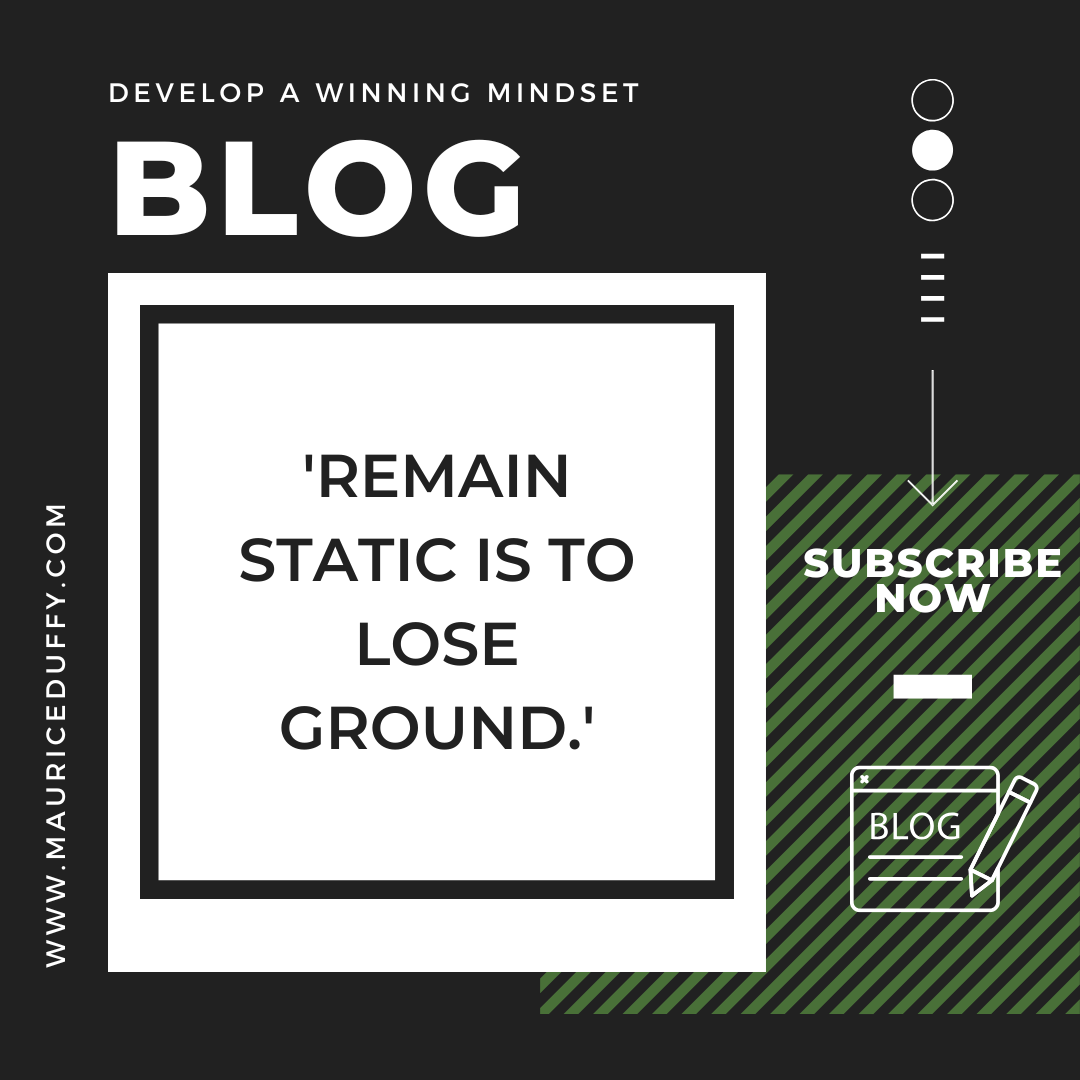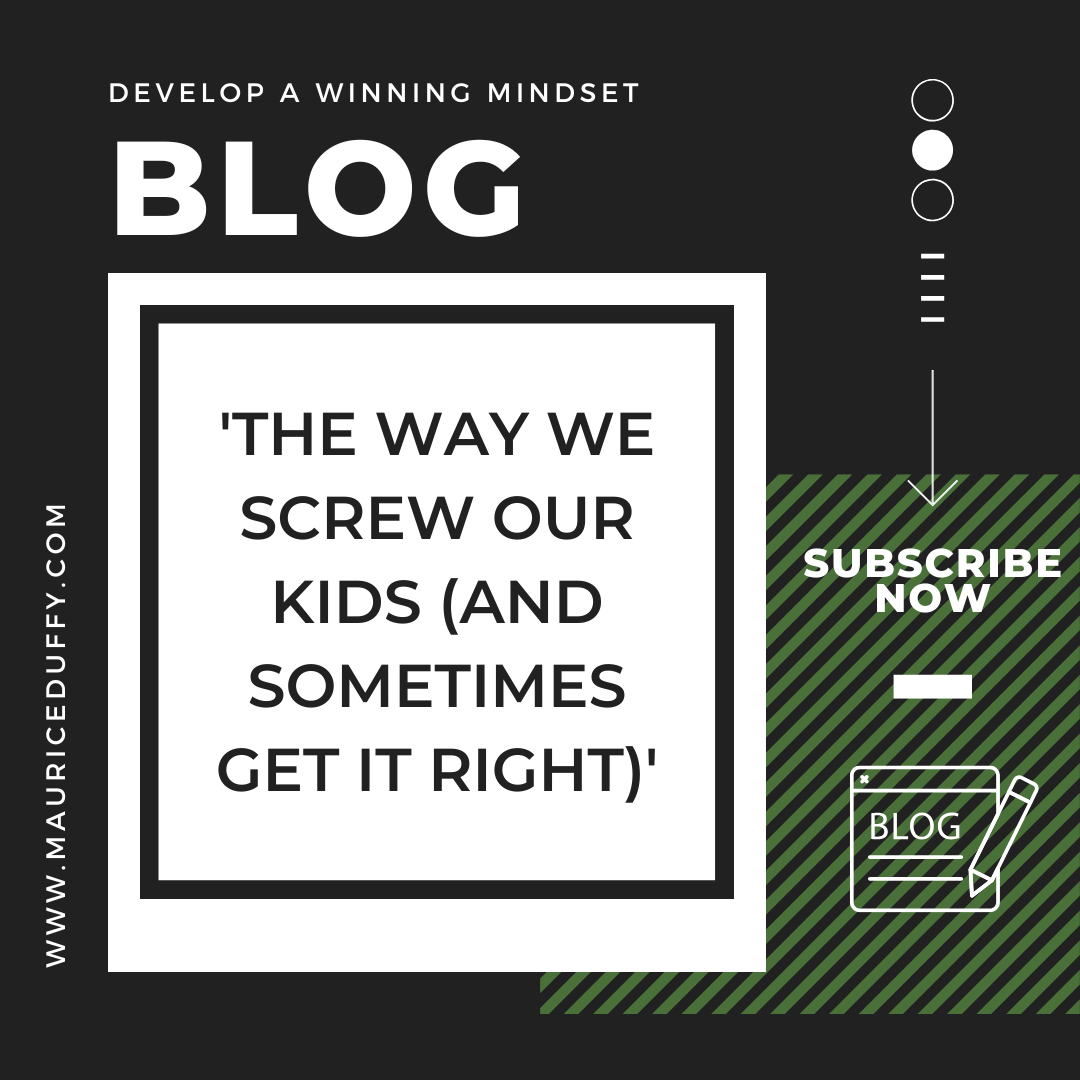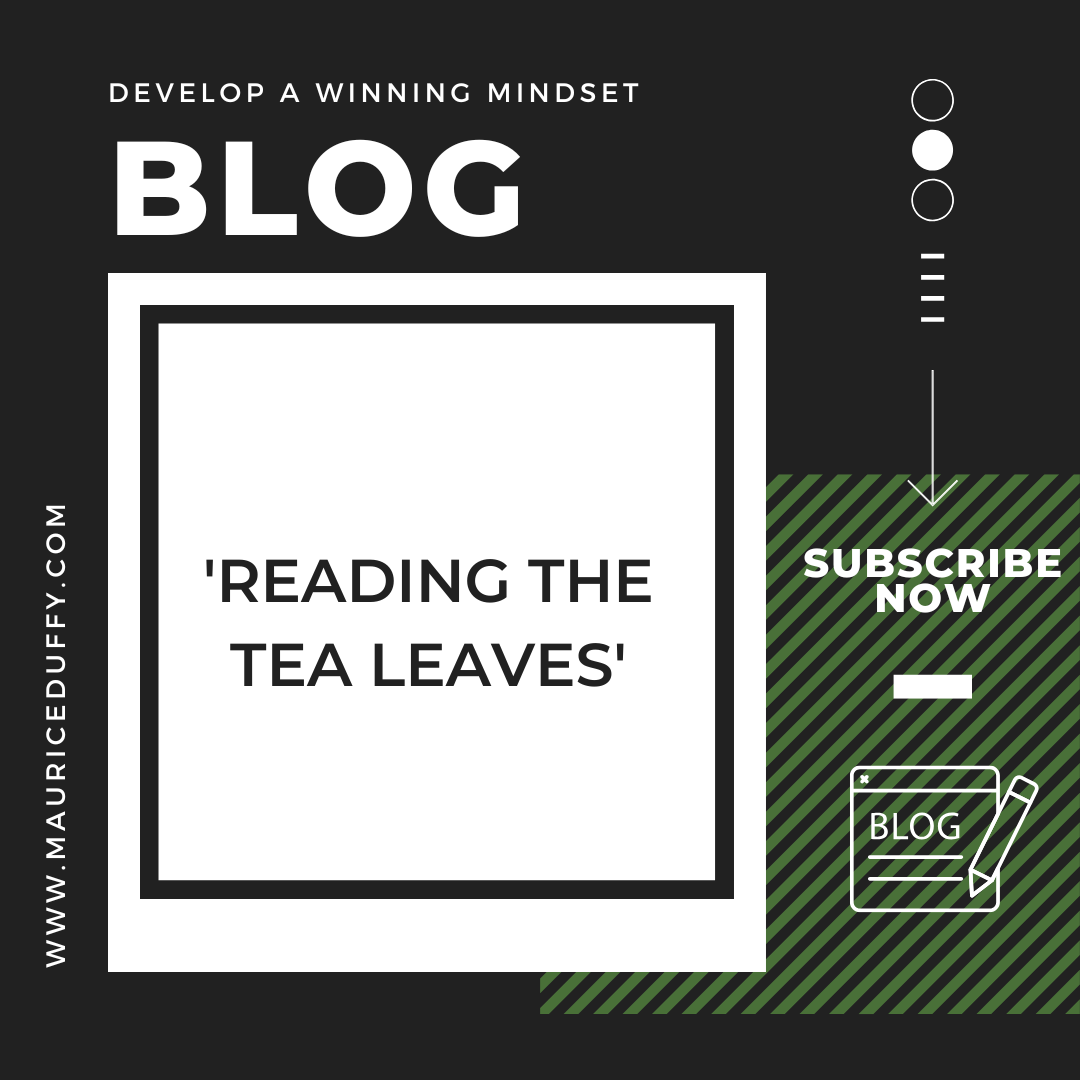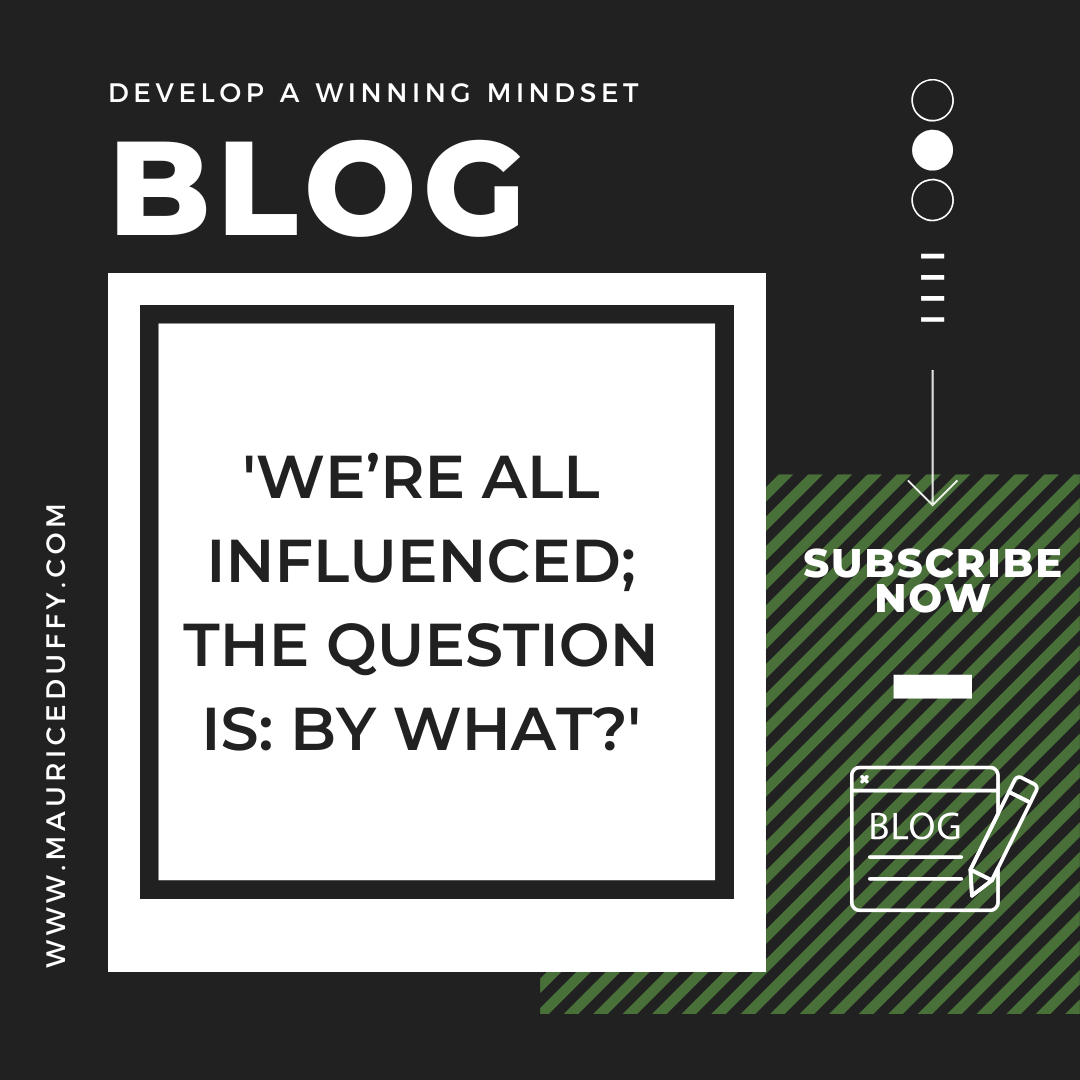The Lie You Tell Yourself
“The most dangerous lies are the ones we whisper to ourselves.”
Dr Maurice Duffy
We are not the 50,000 negative thoughts we have each day. We are not our stories.We are what we hide. We are our lies. We say we’re doing our best. That we’re overwhelmed. That now’s not the right time. That we’re waiting—for courage, for clarity, for life to make sense. Lies on Lies. These aren’t truths. They’re shields. Self-serving myths. Comfortable half-truths—brushed just enough with reality to feel honest.
The truth? Most of us live in quiet deception. Not to fool others—But to avoid confronting ourselves.
We exaggerate our intentions and downplay our failures. We build narratives where we’re always the misunderstood underdog, the loyal one, the one who tried their best in a world that didn’t listen We re-run old arguments in our minds—and we win every time. We say we’re too tired to change, yet spend hours scrolling. We say we want connection, but ghost people who care. We say we value truth—while hiding from mirrors. We’ve become curators of comfort. Addicted to the familiar. Allergic to honesty.
And then there’s Joe (not real name),
Joe lied too. Not to manipulate. Just enough to survive the day. To keep the story neat. By 67, Joe had become a master of self-deception.
He told himself he was a good man because he never hurt anyone. He told himself he was a faithful husband, though emotionally absent. He told himself he was successful because he held the same job for 40 years. He told himself there was time. That the dreams could wait. That this version of himself was “just who he was”. But Joe was trapped. He once said to me:“I feel like I’m behind a mirror. I can see the man I was meant to be—but I’m not in his life.” He’d sit in the same café each morning, watching the world go by, replaying the past like a showreel. He won every argument in his head. He was always noble, always right. But what he couldn’t replay was the joy he never chased, the risks he never took, the truths he never told.
He didn’t live. - He maintained. He didn’t feel. He numbed. He didn’t evolve. He explained. And slowly, the story he’d built to protect himself became a cage.
I call this ‘The Psychology of the Mirror’ - the internal story we tell about who we are and what our life means. But what if that story is pure fiction? What if your identity—your labels, traits, habits—are just rehearsed myths? You say: “I’m an introvert,” so you avoid intimacy. You say: “I’m a procrastinator,” so you delay action. You say: “I’ve always been like this,” but you mean: “I’m afraid to change.”
According to research, the stories we tell don’t just reflect our personality—they become it. But they’re rarely accurate. They’re riddled with bias, ego, and fear. We filter the world through the lens of what flatters or protects us. Your self-narrative isn’t a truth. It’s a script. And your ego is the scriptwriter. We edit to survive. We minimise regret. We cling to traits that let us off the hook. And we trade our potential for the illusion of peace.
Ask yourself:
- If someone else told your life story, what would they say?
- If your child inherited your traits, would you feel proud—or ashamed?
- If an honest narrator replayed your life—no spin, no edits—what would they reveal?
Until you confront the lie, you can’t write a better truth.
Joe never did. He died last year—not tragically, just quietly. Like a man who spent his life looking at a better version of himself through glass. And by then, the mirror was too thick to break.
Steps to Break the Lie:
- Audit Your Myth; What’s the story you always tell yourself?“I always put others first.”,“No one’s ever really helped me.”,“I’m not made for more.” Write it down. Say it out loud. Now ask: is this truth—or comfort?
- Step Outside the Mirror; Ask someone who loves you to describe a version of you in one sentence. Don’t correct them. Just listen. It may feel hard—but it will be honest.
- Do the Thing You Fear; Make the phone call. Say the sorry. Submit the application. Do the thing that makes your stomach turn. Because that is where your lie wants you quiet.
The life you want isn’t on the other side of perfection. It’s on the other side of your self-deceptions. You weren’t born to rehearse regrets. You weren’t made to play small.And your story, if you choose it—can still be rewritten. But only if you stop whispering excuses into the dark and start telling the truth in the daylight.
Don’t be Joe.
